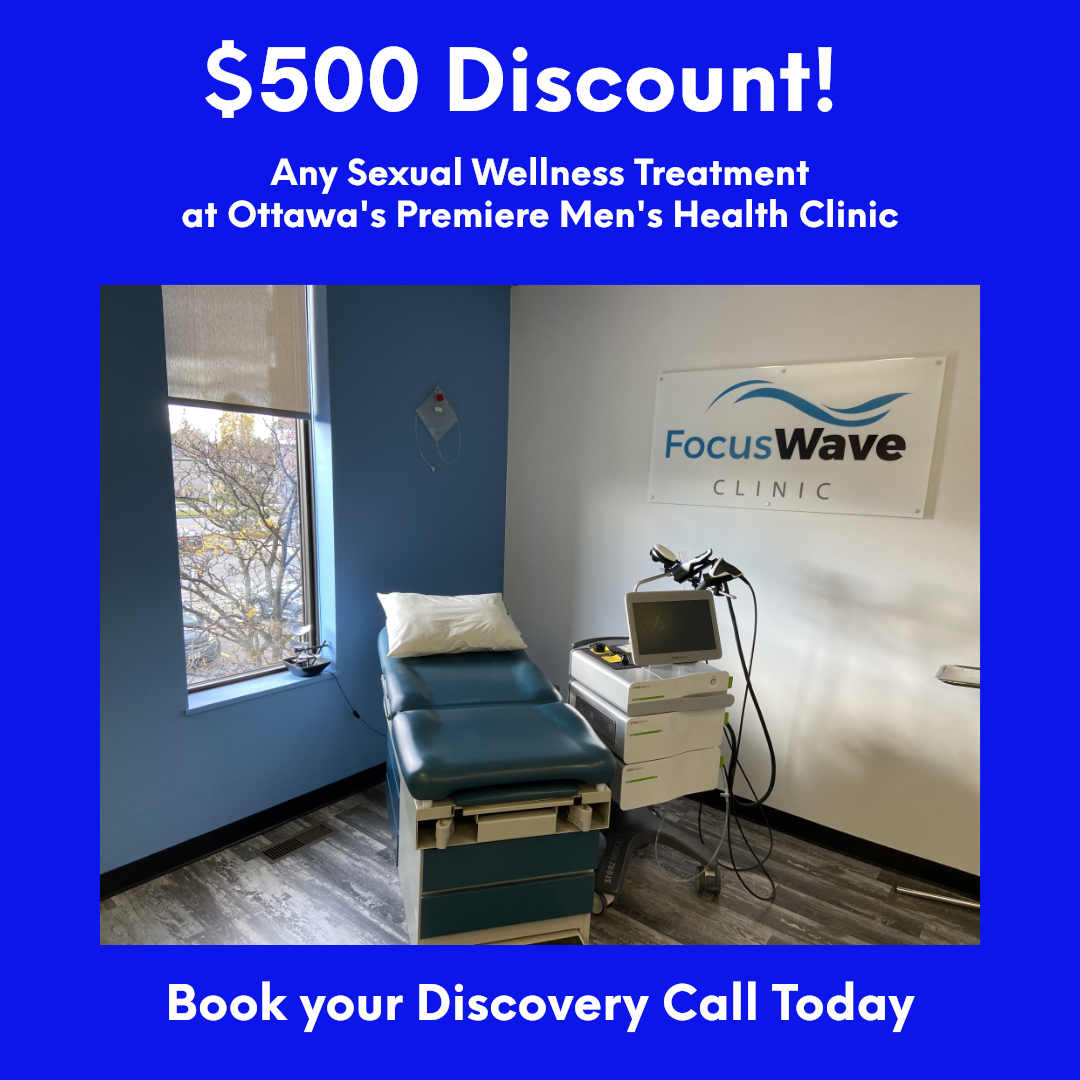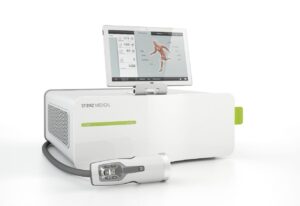Anxiety, Depression & Men’s Sexual Health
Depression and/or anxiety disorders in men is much more common than the statistics suggest.
Although only 5% of adult men annually report clinical depression in the Western world, approximately 20% admit to experiencing some form of anxiety disorder each year.
These numbers are rising, and alarmingly so.
In recent polling, the percentage of U.S. adults who report having been diagnosed with depression at some point in their lifetime reached 29% in 2023, nearly 10 percentage points higher than in 2015.
In fact, all of these datapoints are likely to be vastly underreported due to social stigma associated with these disorders.
Weakness
Without getting too deep into the clinical definitions and biopsychology of these conditions, we can confidently say that both depression and anxiety are weaknesses.
And EVERY SINGLE ONE OF US have moments of weakness.
Some moments of weakness can last minutes.
Some can last days and weeks.
No one is immune.
Acknowledging this is CRITICAL.
So….
What’s eating at you?
What’s your problem?
WHAT IS YOUR WEAKNESS?
These are rhetorical questions because, here’s the thing:
It doesn’t really matter.
It doesn’t matter if your environment is toxic (bad partner, crap boss, shitty job, no friends),
And it doesn’t matter if you are not motivated to do what you NEED to do (exercise, eating well, sleeping well, etc)…,
And it doesn’t matter if you are blowing it with your lifestyle (Smoking, drinking, being a lazy fuck).
What matters is: you are feeling weak now.
And THAT is what needs to change.
Take it Easy
It’s OK if you are feeling down and struggling.
EVERYONE SUFFERS.
The pain you experience, however, is OPTIONAL.
So when I see a patient coming in with anxiety, or stress, or extreme sadness, the first thing I do is to put my hands up and tell them: “Take it Easy!”
And I often repeat it “….Take it Easy….”.
I know ‘taking it easy’ is sometimes easier said than done, but this is the simplest advice you can receive when it’s clear you are mentally exhausting yourself.
You need to REST and TAKE IT EASY.
I’m not telling you to lay down and quit.
I’m telling you to STOP, BREATHE, REST and TAKE IT EASY…so you can come back stronger and carry on.
Sex Starts in the Brain
Men take a lot of shit – we are expected to have more agency and control than women.
The former are usually seen as victimizer while the latter is often seen as a victim.
Nowadays, we hear more about the downsides of the ‘Patriarchy’ than we do the ills of ‘Feminism’.
When it comes to our health, unfortunately, we aren’t very good at admitting, or working to repair, what is ailing us.
It’s different for everyone as to the what, and the why; but generally speaking, men struggle to take charge and make changes to both their physical and mental health (as compared to women)
The effect of mental health issues on a man’s sexual wellness is significant.
And in like manner, a man’s sexual wellness can directly affect his mental health.
It’s a 2-way street filled with potholes, pedestrians and peril.
Here are 5 ways your depression or anxiety can impact your sexual wellness:
1. **Erectile Dysfunction (ED):** Men with depression or anxiety are at a higher risk of experiencing erectile dysfunction. The psychological stress associated with these conditions can interfere with the brain’s ability to send the necessary signals to trigger an erection. Sex ALWAYS starts in the brain.
2. **Reduced Libido:** Both depression and anxiety can lead to a decrease in sexual desire or libido. The emotional and physical fatigue associated with these mental health conditions often dampens sexual interest and enthusiasm.
3. **Premature Ejaculation (PE):** Anxiety, particularly performance anxiety, can contribute to premature ejaculation. The pressure to perform well can create a cycle of anxiety and rapid ejaculation.
4. **Difficulty Achieving Orgasm:** Depression and certain antidepressant medications can make it challenging to reach orgasm, contributing to sexual dissatisfaction.
5. **Relationship Strain:** Mental health issues can strain intimate relationships, leading to decreased emotional and physical intimacy. This strain can further exacerbate sexual health problems.
Addressing the Connection
Given the strong link between mental health and sexual wellness, it is crucial to address both aspects in treatment.
Men experiencing symptoms of depression or anxiety should consider seeking professional help, be it a therapist, sexologist, naturopath, or allopath.
Addressing these mental health issues can lead to improvements in sexual health and overall well-being.
At FocusWave Clinic, we are committed to providing comprehensive care that addresses both mental and sexual health. Our approach includes a combination of tailored treatment plans, where we can integrate mental health support, natural sexual health treatments, and a holistic solution to overall improve well-being and quality of life.
If you are experiencing symptoms of depression, anxiety, or sexual health issues, we encourage you to book a consultation with us.
Taking the first step towards treatment can significantly improve your mental and sexual wellness.
For more information or to schedule an appointment, visit www.focuswaveclinic.com or call us at 888-558-9283.
Prioritize your health and well-being this Men’s Health Awareness Month.
Warm regards,
Drew Klein, Certified Sexologist & Clinic Director
FocusWave Clinic
Book a FREE DISCOVERY CALL with me
888-558-9283
Read our 5 STAR REVIEWS on Trustpilot and Google





